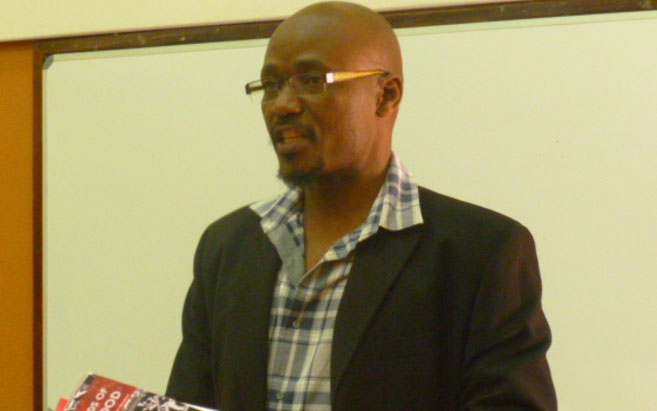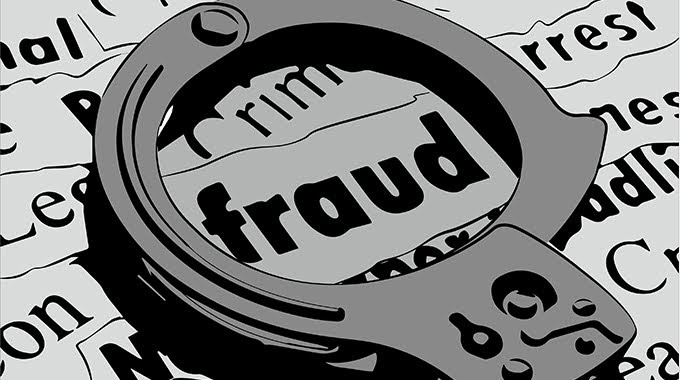Thumbs-up for DNA evidence

Nyore Madzianike Herald Reporter
ACTING Prosecutor-General Advocate Ray Goba has given the nod to the draft DNA Evidence Bill saying it will go a long way in assisting the courts in justice delivery.
Adv Goba said DNA evidence would also help exonerate wrongly implicated suspects during pre-trial investigations or after trial.
Speaking on the sidelines of a two-day stakeholders’ consultative workshop held in Harare recently, Adv Goba said forensic examinations give conclusive proof for matters that need to be proved.
The Bill provides for the collection, extraction, preservation, laboratory analysis and profiling of DNA evidence for use in civil and criminal cases.
“When we talk about forensic examinations, we are talking about examinations that are for court purposes. From an evidentiary perspective forensic examination, forensic gathering of evidence is critical. In some instances it may actually be conclusive proof to the issue that has to be proved,” he said.
“Now, in our jurisdiction in terms of our Criminal Procedure and Evidence Act there was an amendment in Section 41, once the new technology came about, to make it permissible for the State to adduce DNA evidence by way of affidavit and that DNA evidence is actually accepted as a prima facie proof.”
Adv Goba said this may not be conclusive proof but may assist, together with other evidence, in the State proving beyond reasonable doubt that the accused person committed the crime.
“So, it is useful in respect that it may together with other evidence lead the court to the conclusion that the accused committed the alleged crime. Or if successfully challenged, it can also lead to the conclusion that the accused may not be the person who committed the crime,” he said.
Adv Goba said it would be difficult for the police to execute their duties without the resources that they need in investigations. He gave examples in which the State failed to prove cases against suspected persons for lack of forensic evidence.
Forensic expert Professor Collen Masimirembwa, who also attended the workshop, bemoaned the lack of financial resources to set up the required laboratories in Zimbabwe.
“We do have an increasing number of people with competence but we still need more. In terms of availability of technology, the platform is there. Limited but available skilled manpower to get started is there but to be able to offer national capacity the labs are still not sufficient,” he said.
He said the Bill would greatly enhance DNA testing which provides definitive evidence of placing suspects on the crime scene.
“With the escalating cases of rape in Zimbabwe, we believe DNA testing will have a major contribution by discouraging perpetrators because they know with DNA no one will escape the rule of law,” he said.
The workshop was organised by the Centre for Applied Legal Research in collaboration with the Inter-Ministerial Taskforce on Alignment of Legislation (IMT) under the Ministry of Justice, Legal and Parliamentary Affairs.
Representatives from the Ministry of Home Affairs, Law Development Commission, Zimbabwe Republic Police Forensic Department, law officers among other stakeholders attended the workshop., It was preceded by the development of a discussion paper and a draft Bill on the use of DNA evidence.









Comments